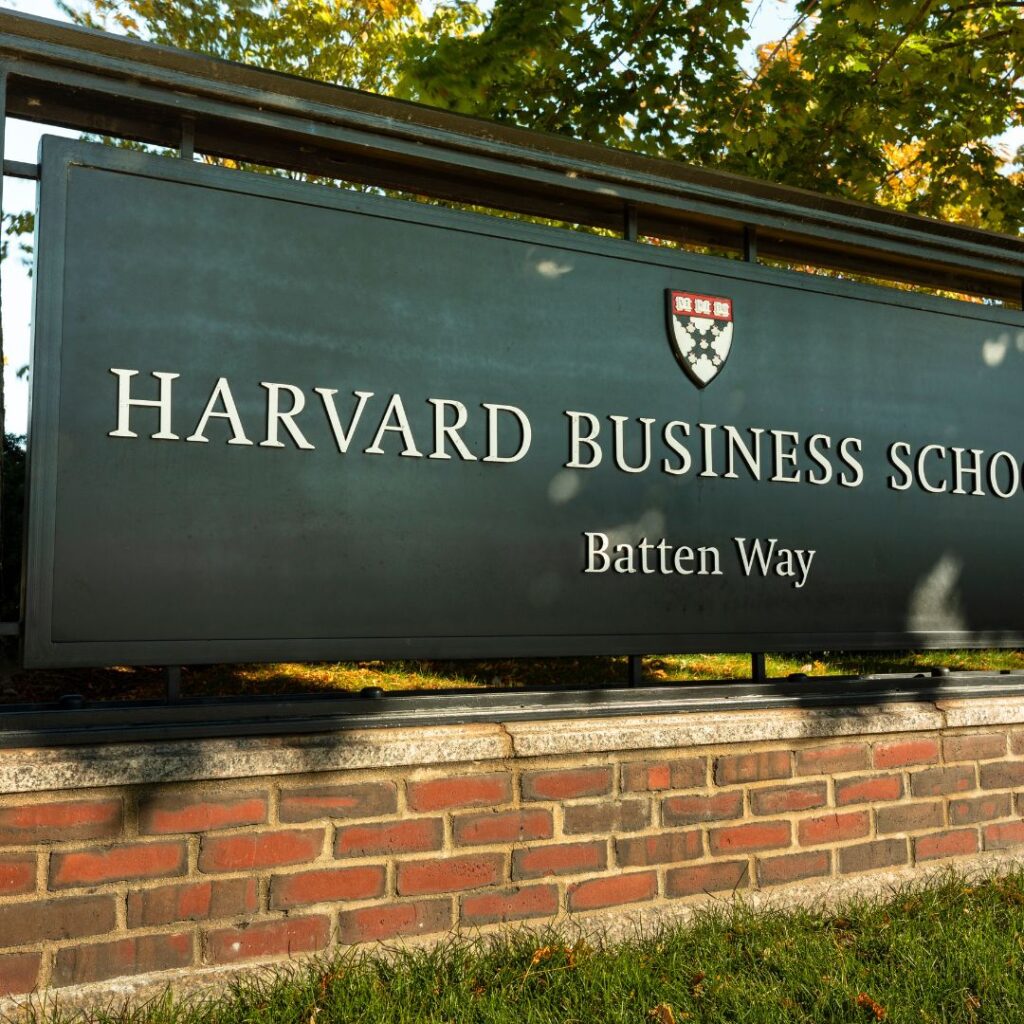Harvard University’s name conjures visions of academic excellence, ivy-covered halls, and an alumni network that spans the globe. Yet, behind its storied reputation lies a sophisticated marketing strategy designed to ensure its enduring appeal in an increasingly competitive and dynamic educational landscape.
Harvard’s approach to marketing goes beyond traditional advertising, relying instead on a blend of legacy, innovation, and data-driven outreach to maintain its status as a global leader. Here’s a closer look at how the university markets itself to students, donors, and the world.
A Brand Rooted in Legacy
At its core, Harvard’s marketing strategy is built on its unrivaled history and prestige. Established in 1636, it is the oldest university in the United States and one of the most respected globally. Harvard leans into this legacy with marketing materials that emphasize:
- Tradition and Excellence: Campaigns highlight the university’s role in shaping society, from producing Nobel laureates and U.S. presidents to pioneering groundbreaking research.
- Iconic Imagery: The red brick buildings of Harvard Yard, the Widener Library steps, and the crimson logo evoke a sense of timelessness that resonates with prospective students and alumni alike.
- Elite Reputation: Harvard reinforces its position as a world-class institution by consistently ranking at the top of global university rankings.
This emphasis on tradition serves as a foundation for marketing efforts that appeal to high-achieving students and prominent donors.
Reaching the Modern Student
Despite its historic roots, Harvard recognizes the need to stay relevant to new generations of students. The university employs cutting-edge techniques to connect with digitally savvy, socially conscious young people.
1. Social Media Presence
Harvard maintains a robust presence on platforms like Instagram, TikTok, and YouTube. These platforms are used to:
- Share student stories and day-in-the-life videos.
- Highlight cutting-edge research and global initiatives.
- Provide authentic glimpses of campus life, balancing the seriousness of academic rigor with the vibrancy of the student experience.
2. Virtual Engagement
To attract international applicants and those unable to visit in person, Harvard offers immersive virtual tours of its campus, complete with interactive guides and 360-degree views of its iconic landmarks.
3. Diversity and Inclusion Messaging
Harvard’s marketing reflects a commitment to diversity and equity, emphasizing its support for underrepresented communities. Campaigns highlight the university’s need-blind admissions policy, robust financial aid packages, and programs designed to foster inclusion.
Content Marketing and Thought Leadership
Harvard leverages its intellectual capital to position itself as a global thought leader. By showcasing faculty expertise and cutting-edge research, the university ensures its name is associated with solutions to the world’s most pressing challenges.
- Podcasts and Webinars: Harvard scholars regularly host discussions on topics ranging from climate change to the future of AI, engaging audiences far beyond the campus.
- Research Features: Social media posts, blogs, and press releases celebrate the accomplishments of Harvard’s faculty and students, reinforcing the university’s role as a hub of innovation.
- Alumni Stories: Successful graduates like Barack Obama, Ruth Bader Ginsburg, and Natalie Portman are prominently featured in marketing materials to inspire prospective students.
Engaging Donors and Alumni
Harvard’s marketing isn’t just about attracting students; it’s also crucial for maintaining relationships with its vast network of alumni and donors. The university’s $53.2 billion endowment—the largest in the world—relies on ongoing philanthropic support.
1. Emotional Storytelling
Harvard excels at telling stories that demonstrate the impact of donor contributions, whether it’s funding scholarships for first-generation students or supporting groundbreaking medical research.
2. Exclusive Events
The university hosts events like alumni reunions and donor galas, creating opportunities for its supporters to stay connected to the institution. These gatherings often include lectures by prominent faculty or performances by student groups, reinforcing the sense of community.
3. Recognition and Prestige
Donor recognition programs, such as naming buildings or scholarships, not only show appreciation but also encourage further giving by emphasizing the prestige of supporting Harvard.
Expanding Harvard’s Global Reach
As competition among elite universities grows, Harvard has turned its attention to emerging markets and global partnerships.
- Localized Marketing: In regions like Asia, Africa, and Latin America, Harvard tailors its messaging to emphasize how its resources and networks can benefit students from these areas.
- Global Collaborations: Partnerships with international universities and organizations enhance Harvard’s visibility and reinforce its position as a leader in addressing global challenges.
Challenges and Opportunities
Even for Harvard, maintaining its elite status comes with challenges. The perception of exclusivity can deter some prospective students, and the university must work hard to communicate its commitment to accessibility and inclusion. Additionally, as technology and educational models evolve, Harvard faces increasing competition from both traditional rivals and innovative online platforms.
Harvard’s investments in sustainability, online education, and digital engagement highlight its ability to adapt. Initiatives like the Harvard Extension School and HarvardX, its online learning platform, demonstrate its willingness to embrace new ways of reaching students worldwide.
Harvard University’s marketing strategy is a masterclass in balancing tradition with innovation. By leveraging its rich history while embracing modern technology and inclusive messaging, the university ensures its continued relevance in a rapidly changing world. Whether attracting the brightest minds or inspiring the generosity of its alumni, Harvard’s approach serves as a blueprint for academic institutions aiming to thrive in the 21st century.




